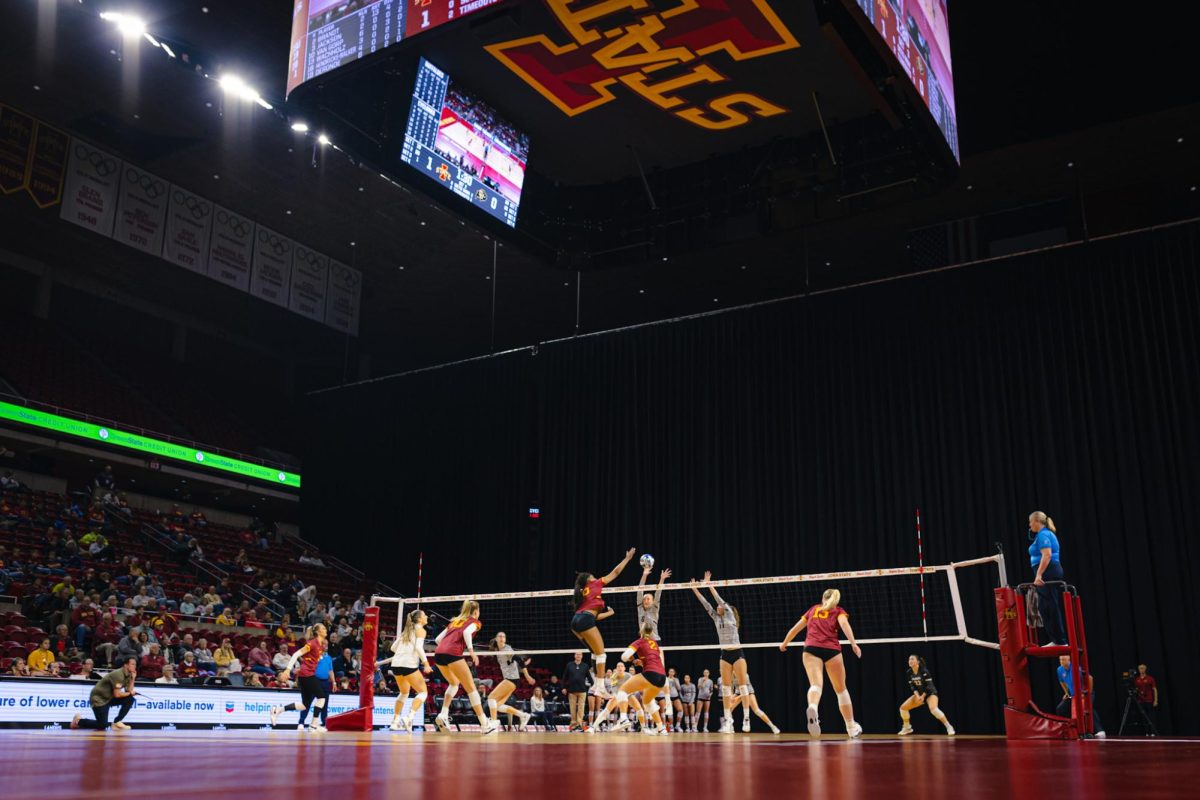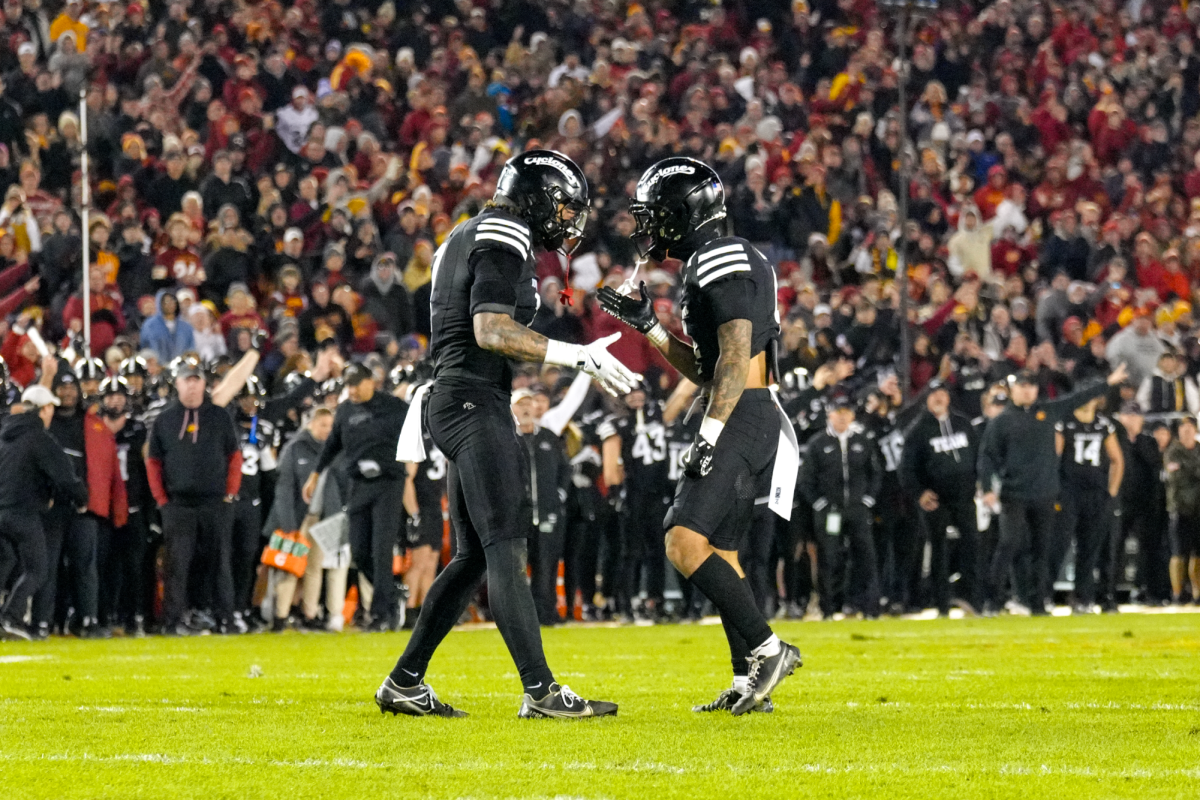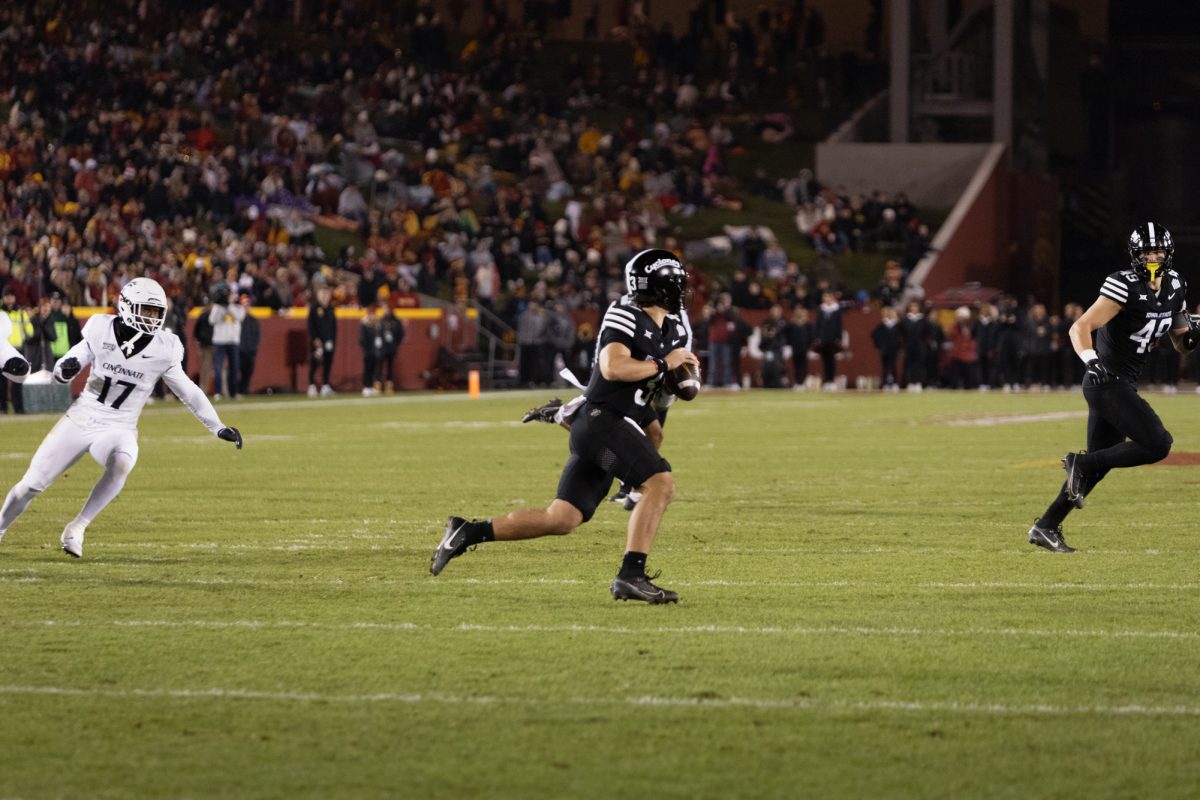GUEST COLUMN: Support for Nigeria is important to Sub-Saharan Africa.
June 6, 2005
A recent editorial in The New York Times urged the United States to place more emphasis on development aid to Nigeria. The editorial stressed the significance of Nigeria to the future of Sub-Saharan Africa, the impact of the HIV pandemic and the positive leadership Nigeria has provided in reducing conflicts in Liberia, Sierra Leone, Sudan and Togo. According to the Times, “What’s missing is for America to take Nigeria more seriously, to do much more than simply treat the country as a gas station.”
Editors Note: Iowa Resource for International Service is a small non-profit, non-religious organization founded in 1993 by former Lt. Gov. of Iowa, Bob Anderson. It was successful in winning contracts to bring Nigerian high school students to the United States. The program is part of a larger effort by the U.S. State Department to help young people from regions with significant Muslim populations learn more about the United States and vice versa.
In February, I returned from my sixth trip to Nigeria since 2002. If anything, The New York Times editorial understates its case. Today, democratic reforms are possible, but Nigeria will need significant assistance to become a success story. The situation is desperate, and, in many respects mirrors conditions in other parts of the world. Although a small percent of its citizens are wealthy, 74 million Nigerians — more than half the population — live on one dollar per day or less. Ten percent of the world’s 10 million children who die before the age of five are Nigerian. Average life expectancy is 47 years. Too little money is spent on education, health care and roads.
And, as in many parts of the world, religious differences in Nigeria have often led to crisis. Generally, the Muslims live in the North where there are fewer natural resources, less educational opportunity and significantly less contact with the United States and Europe. These disparities, combined with other religious and ethnic conflicts, have claimed the lives of more than 10,000 Nigerians since President Obasanjo was first elected in 1999.
But Nigeria also needs considerable support from the rest of the world. What can the G7 countries do? First, we can continue our financial commitments to help reduce HIV, but also put more funds into prevention, general health care and general education. A U.N. task force estimates that $10 billion per year over the next 20 years will be needed to make a strong impact in Sub-Saharan Africa. Although that is a significant amount, it pales in comparison to the $300 billion being spent in Iraq.
Second, we can continue to push for real democracy and transparency and put an end to paying bribes. We can help Nigeria crack down on government leaders who are taking money out of the country by requiring illicit funds be returned to Nigeria. Finally, we can work to reduce arm sales that fuel the conflicts.
As individuals, each of us must work to influence political leaders both nationally and internationally to take action. The constituency for international development is much too small. These are not partisan issues. They fit President Bush’s call for promoting democracy, but they also recognize that peaceful support for democracy is much more effective and much less expensive than military intervention. Reducing the preventable deaths of one million Nigerian children should be an issue that conservatives and liberals alike can support.
Local persons and organizations can also take action. They can support activities like the Nigeria exchange program that is designed to educate and prepare young leaders. The program can benefit from ISU volunteers and from host families for the students. Contributions to support health clinics can go a long way where a monthly doctor’s salary is less than $400.






